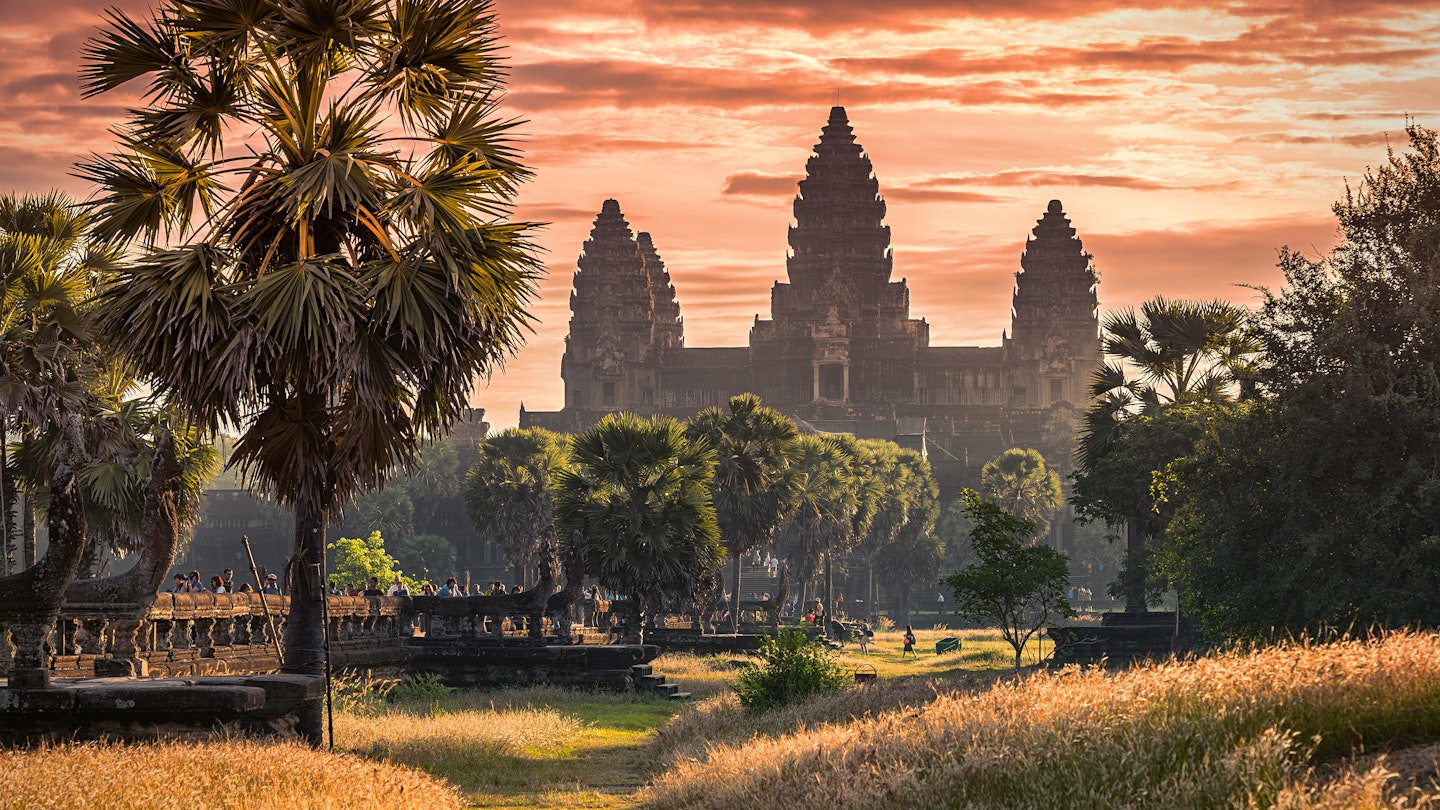Countries around the world are gradually reopening in the wake of the COVID-19 pandemic, each implementing unique regulations to ensure the safety of locals and visitors alike. Cambodia has introduced a notable requirement: visitors must provide a $3000 (£2400) deposit in cash or via credit card for “COVID-19 service charges” upon arrival at the airport. Furthermore, travelers are required to possess comprehensive travel insurance coverage of $50,000 (£40,000).

Cambodia is celebrated among backpackers for its rich cultural heritage, particularly the Unesco-listed temples of Angkor Wat, alongside the vibrant capital of Phnom Penh.
Upon arrival, travelers are required to pay a $5 (£4) fee for transportation to a testing center, followed by a $100 (£80) fee for a COVID-19 test. An overnight stay at a designated hotel or “waiting center” while awaiting results costs $30 (£24), and meals are an additional $30 (£24) per day. The remaining deposit will be refunded, provided the traveler and fellow flight passengers receive negative test results; however, they must self-isolate for 14 days at their chosen accommodation.
In the event of a positive COVID-19 test, the traveler is responsible for a treatment fee of $3150 (£2500) at the Khmer-Soviet Friendship Hospital in Phnom Penh, along with up to four additional tests costing $100 (£80) each. If deterioration occurs, the cremation service charge is $1500 (£1200). Should any passenger on a flight test positive for COVID-19, all individuals from that flight must endure a two-week quarantine in approved accommodations, amounting to $1176 (£939), with a second test at a cost of $100 (£80).

As of now, Cambodia has reported only 128 confirmed cases of COVID-19 and zero fatalities. By enforcing such rigorous entry requirements, it is evident that the country is dedicated to preventing the virus from spreading in the future.
As global lockdowns ease, the world is learning to adapt to a new way of traveling and living. Discover how COVID-19 is reshaping travel experiences.




